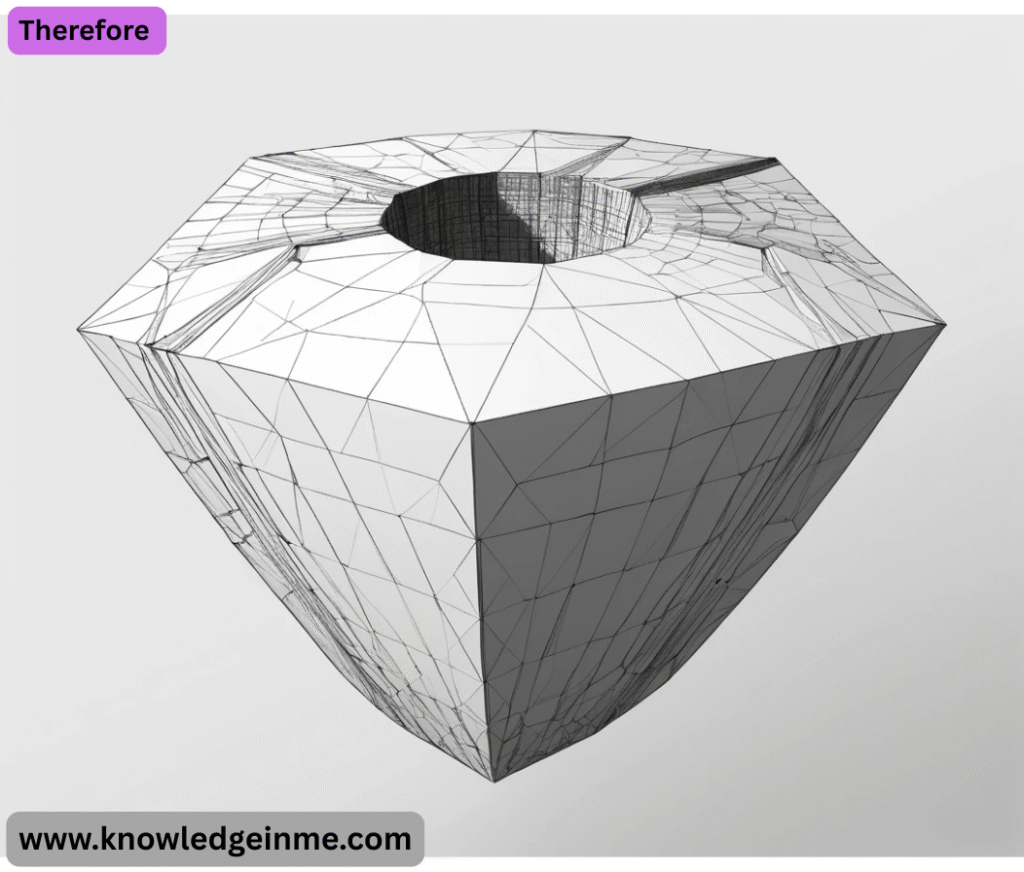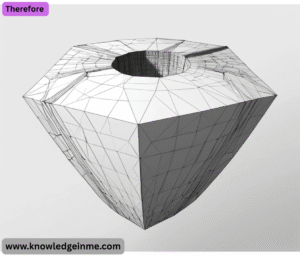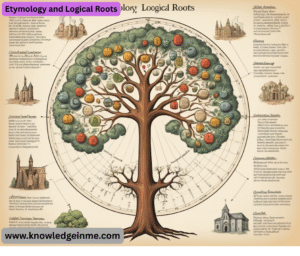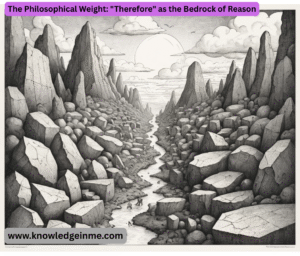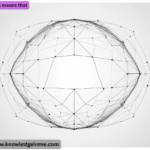Therefore Of course. The word “Therefore” is a crucial conjunction in English, used to indicate a conclusion or a result. It signals that what follows is a logical consequence of what was just stated.Here is a detailed breakdown of its meaning, usage, and alternatives.
Core Meaning
- Structure: Statement A. Therefore, Statement B.
- (Where Statement B is the result of Statement A.)
How to Use It
- It is almost always followed by a comma when it introduces a new independent clause.
Examples:
Starting a sentence:
- “It has been raining heavily for three days. Therefore, the river is expected to flood.”
- “The experiment’s results were inconsistent. Therefore, we must repeat it.”
- Within a sentence (joining two independent clauses):
- “The company’s profits have fallen sharply; therefore, a hiring freeze has been implemented.”
- “She had all the necessary qualifications and experience, therefore, she was offered the job.” (Note: Using a comma before “therefore” in this way is common, but some style guides prefer a semicolon to avoid a comma splice).
In logical arguments:
- “All humans are mortal. Socrates is a human. Therefore, Socrates is mortal.” This is a classic syllogism.
Placement and Punctuation
- Punctuation is key to using “therefore” correctly and avoiding run-on sentences.
- Before an independent clause (complete sentence): Use a semicolon before and a comma after.
- Correct: “He didn’t study for the exam. Therefore, he failed.”
- In the middle of a clause (as a parenthetical interrupter): Use commas before and after.
- Correct: “Your proposal, therefore, is the one we will accept.”
Formal vs. Informal Tone
- “Therefore” is considered quite formal. It is common in academic writing, legal documents, scientific papers, and formal speeches.
- In everyday, informal conversation, people often use simpler alternatives.
Synonyms and Alternatives
- Here are other words and phrases you can use, depending on the context and formality:
Formal Synonyms:
- Consequently
- Thus
- Hence
- Accordingly
- As a result
- Informal / Common Alternatives:
- That’s why
- Which is why
- That means
- Example of shifting formality:
- Informal: “The server is down, so we can’t do any work.”
Common Mistakes to Avoid
- Incorrect: “I think, therefore I am.” (This famous quote by Descartes is often written without a comma in modern English: “I think, therefore I am.” However, in standard grammar, it’s considered a comma splice. A semicolon would be more correct: “I think; therefore, I am.”)
- Better: “I think; therefore, I am.” or “I think, and therefore I am.”
Etymology and Logical Roots
- Understanding its origin clarifies its precise meaning.
- Origin: From Middle English therefore, meaning “for that” or “for it.”
- Breakdown: It’s a fusion of the archaic words “there” (meaning “that”) and “for” (meaning “for” or “because of”).
- Core Concept: It always points backward to the reason just given and forward to the conclusion. It’s a bridge of logic.
Advanced Usage and Nuance
- “Therefore” isn’t just for simple cause-and-effect; it can indicate different types of conclusions.
- Inferential Conclusion: Drawing a logical deduction from evidence.
- “The suspect’s alibi was proven false. Therefore, he remains our primary person of interest.”
- Practical Conclusion: Stating a necessary action based on a situation.
- “Our current strategy is not working. Therefore, we must pivot immediately.”
- Moral or Ethical Conclusion: Deriving a principle or judgment.
Common Confusions: Therefore vs. Therefor
- This is a frequent spelling and usage error, especially in legal and formal contexts.
- Therefore: (Adverb) Means “for that reason” or “consequently.”
- Example: The client submitted an invoice and received payment therefor. (Meaning: received payment for the invoice).
- Trick to Remember: Therefore is the common word for everyday conclusions.
“Therefore” in Specific Fields
- Mathematics and Logic: It is the fundamental word for concluding a proof. It is often symbolized by the ∴ sign (called the “therefore sign” or “dot-dot-dot”).
Example: x + 2 = 5 ∴ x = 3
- Law: Used to introduce the operative part of a legal conclusion based on precedent or evidence. “Therefor” also appears here.
- Example: “The defendant acted with malice aforethought. Therefore, this court finds the defendant guilty of murder in the first degree.”
- Academic Writing: Essential for building coherent arguments. It helps writers move seamlessly from evidence and analysis to their main claim or thesis.
Stylistic Considerations: Avoiding Repetition
- While “therefore” is powerful, overusing it can make writing sound clunky or repetitive.
Strategies to vary your language:
- Use a synonym: Switch to consequently, thus, hence, or as a result.
- Restructure the sentence: Combine the two ideas into a single clause using “so” or “which is why.”
- Original: “The budget was approved. Therefore, the project can begin.”
- Restructured: “Since the budget was approved, the project can begin.” or “The budget was approved, so the project can begin.”
- Use a colon ( : ): A colon can powerfully introduce a conclusion.
- Example: “After reviewing all the data, we reached an inescapable conclusion: the hypothesis was incorrect.”
The Reverse: Contrasting with “However”
- It’s useful to see “therefore” as part of a system of transitional words. Its direct opposite in function is however.
- Therefore shows agreement or consequence between ideas.
- “It’s raining; therefore, I will take an umbrella.” (The umbrella is a logical result of the rain.)
- However shows contrast or opposition between ideas.
The Philosophical Weight: “Therefore” as the Bedrock of Reason
- The word “therefore” is nothing less than the linguistic embodiment of causality and deductive reasoning. It is the hinge upon which logical arguments swing.
- Cartesian Certainty: René Descartes’ famous dictum, “Cogito, ergo sum” (“I think, therefore I am”), is the ultimate example. The word “therefore” (or ergo) is not just a transition; it is the moment of existential proof. The conclusion (I exist) is inseparably tied to the premise (I am thinking) by an unbreakable chain of logic, symbolized by “therefore.”
- Premise 1: All men are mortal.
- Premise 2: Socrates is a man.
- Conclusion: Therefore, Socrates is mortal.
- The conclusion is forced by the premises. “Therefore” announces this force.
Rhetorical Power and Persuasion
- Beyond pure logic, “therefore” is a powerful tool of persuasion. It doesn’t just state a conclusion; it frames the argument so that the conclusion feels inevitable.
- They arrange them to lead the jury to a single point.
- “The defendant’s fingerprints were on the weapon. His alibi was proven to be a lie. He had a clear motive. Therefore, ladies and gentlemen of the jury, you must find him guilty.”
- Here, “therefore” acts as a drumbeat, culminating the evidence into a compelling, persuasive command.

